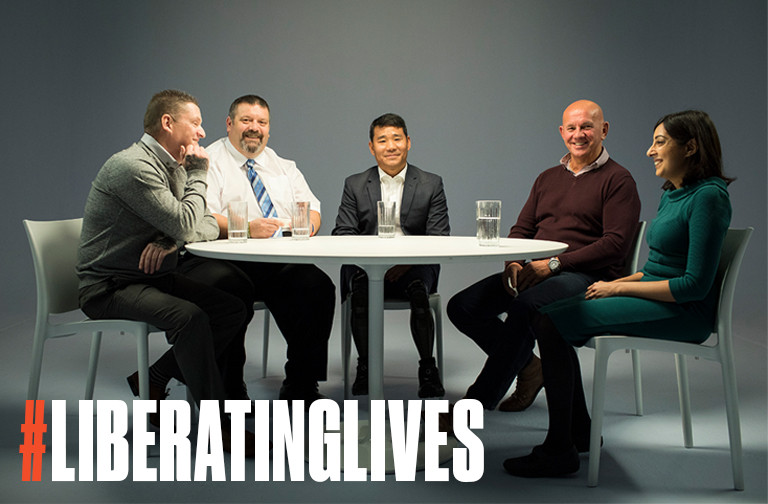
A group of veterans have shared their experiences of living with military-related trauma in a new short film for Combat Stress, the UK’s leading charity for veterans’ mental health…
The film, which features a round table discussion of four former servicemen, aims to raise awareness of military mental health and the impact that treatment and support from Combat Stress has had on the lives of the veterans.
One of those men is Colin, who joined the Army when he was 18 years old and spent his 18 years of service in Northern Ireland.
He said: “I struggled with civilian life from the start – I found the transition very difficult. I don’t think I lasted longer than two months in any job. I missed the pattern and routine of life in the Army and didn’t feel like anyone understood me.
“In 2015 something from my past came up. From that moment on something hit me – I just didn’t feel right. I started to have flashbacks and suffer with anxiety. By chance I found the Combat Stress card – it fell out of my wallet at the time I was feeling the worst but after making the call to ask for help, things started to get so much better.
“At the start, I found it embarrassing to talk about my mental health problems – it felt like I couldn’t tell anyone but that’s no longer the case. I know how much Combat Stress has helped me so by taking part in this video I hope to encourage others to seek their help too.”
Sue Freeth, Chief Executive of Combat Stress, said: “Our new film gives voice to the impact military-related trauma can have on the lives of veterans and how treatment from Combat Stress makes a big difference. It’s intensely moving to see a group of veterans talking about their mental health in such an open and honest way.
“Over the past five years we have seen an average of more than 2,000 referrals each year from veterans dealing with trauma-related mental health problems such as anxiety, depression and post-traumatic stress disorder. It’s vital that we increase donations to continue our work so that more veterans can benefit from our treatment.”
Find out more and watch the film here.

